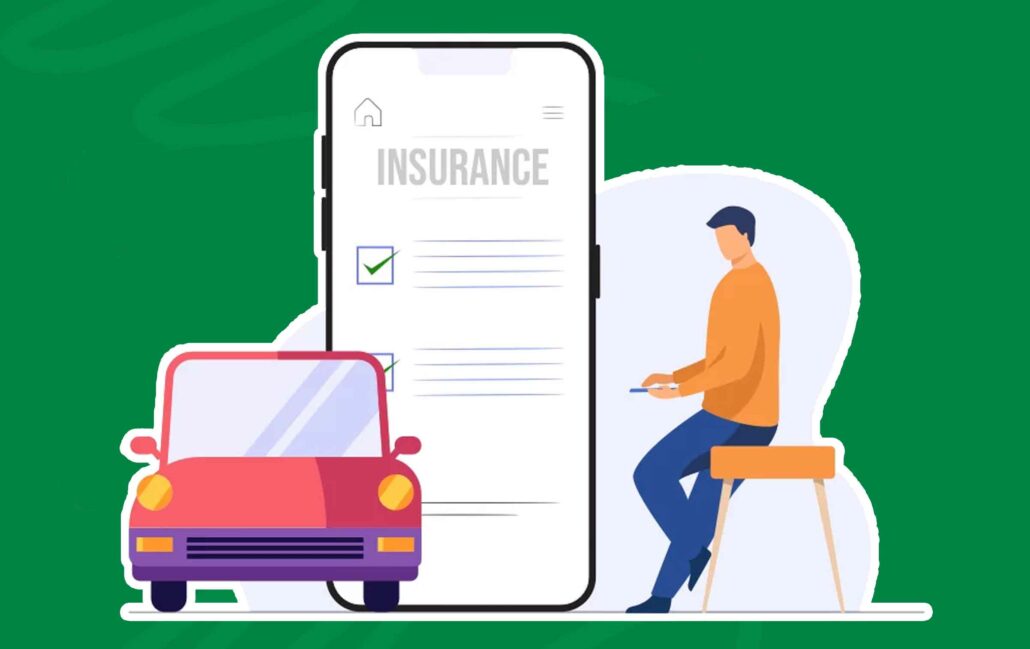Many car insurance companies restrict the amount you can use your claim check on. After filing a claim, you may use the funds for debt repayment, medical bills, repair charges, or other expenses for the policyholder’s accident.

To enforce this, car insurance asks a third party, such as a technician or lienholder, to certify the claim check. Depending on whose name appears on the dotted line of your claims check, we guide handling these circumstances.
How Car Insurance Claim Check Works
The insurance company will inspect a damaged automobile and give a quote for the entire cost of repairs. Insurance can directly pay the mechanic or provide reimbursement through electronic funds transfer or check, depending on the insurer’s regulations.
The insurance company’s check can be accepted, and cosmetic repairs can be made to the dented door or ground paint. For auto repairs, the insurance company will probably send you and the lienholder a check to see if your vehicle has a loan together.
Before the lienholder signs the check to you or the vehicle repair business, the repairs must be complete and evidence of repair will be with them. Furthermore, cars for rent likely come with tight maintenance specifications, such as using original components instead of aftermarket ones.
When Would You Secure a Car Insurance Claim
In addition, the car owner typically receives reimbursement for an auto insurance claim made with their insurer. The lender may require you to include them in your auto insurance policy, requiring them to appear on claims checks. These three situations are as follows:
- The insurance company typically provides the owner’s check directly after paying off the vehicle.
- The lender will receive the insurance check if you still owe money on your auto loan, but it can be payable to both parties.
- Should the vehicle be for rent, both you and the leasing company will receive the claim compensation.
A check for both you and a loan or leasing company must get approval by the lender or leasing company before cashing it. The leasing company or lender may request car repairs and require a direct payment check to the auto body shop. Before signing the check, they may request images or supporting paperwork as proof of the automobile’s repair.
Can I Cash out My Insurance Claim and Spend It
You can use an insurance claim check for whatever you like if you own your automobile outright and have no debts to lenders or leasing companies. If the money comes from the insurance company of another motorist, this is typically also the case. However, a loan or lease on a vehicle may impose restrictions on payment methods by the lender or leasing company.
Also, the lender may ask for documentation proving the funds were for repairs. Motor insurance typically does not require refunding excess insurance money after repairs are completely over.
How Much Does My Car Insurance Go Up After a Claim Check
Auto insurance premiums may increase slightly if you are at fault, depending on the insurance adjuster’s assessment of the collision. However, The likelihood of a premium depends on the provider’s accident claim policy, even if you were not at fault. Choosing a carrier with an accident forgiveness policy can provide peace of mind by preventing premium increases after a claim.
How Long Does It Take to Receive a Car Insurance Claim Check
The duration of obtaining an insurance claim check can significantly differ based on your location and the insurer you use. Further details on any legal requirements for insurers can be mandatory from the Department of Insurance in your state. For instance, vehicle insurance in New Jersey has forty-five days to respond to third-party claims.
Do I Have to Use a Claim for Repairs
It varies. Your check will probably be to you and the lienholder, the leasing company, or a body shop if your car is under loan or lease. The second entity on the check will need to sign off before cashing it, so it may be necessary for repairs.
You can keep the money without repairing the car, providing the check if the damage is minor. Furthermore, remember that you won’t be able to get insurance reimbursement for the losses down the road.
What Happens With a Claim Check for a Totaled Car
Insurance companies send a claim check to both the policyholder and the lender or leasing business if your automobile is totaled. Additionally, the leasing company or lender will deduct its costs first, and you will get any remaining funds.
In addition, you may owe the leasing company or lender more money than the claim payout. You have to make up the difference in this case between the amount of the claim and the remaining loan or lease balance. If your automobile is totaled and you owe more than it’s worth, your gap insurance will pay the remaining amount on your loan or lease.
If your automobile is totaled and you owe more than it’s worth, your gap insurance will pay the remaining amount on your loan or lease. An insurer considers factors like damage type, extent, and vehicle age before deciding whether to repair or not.
